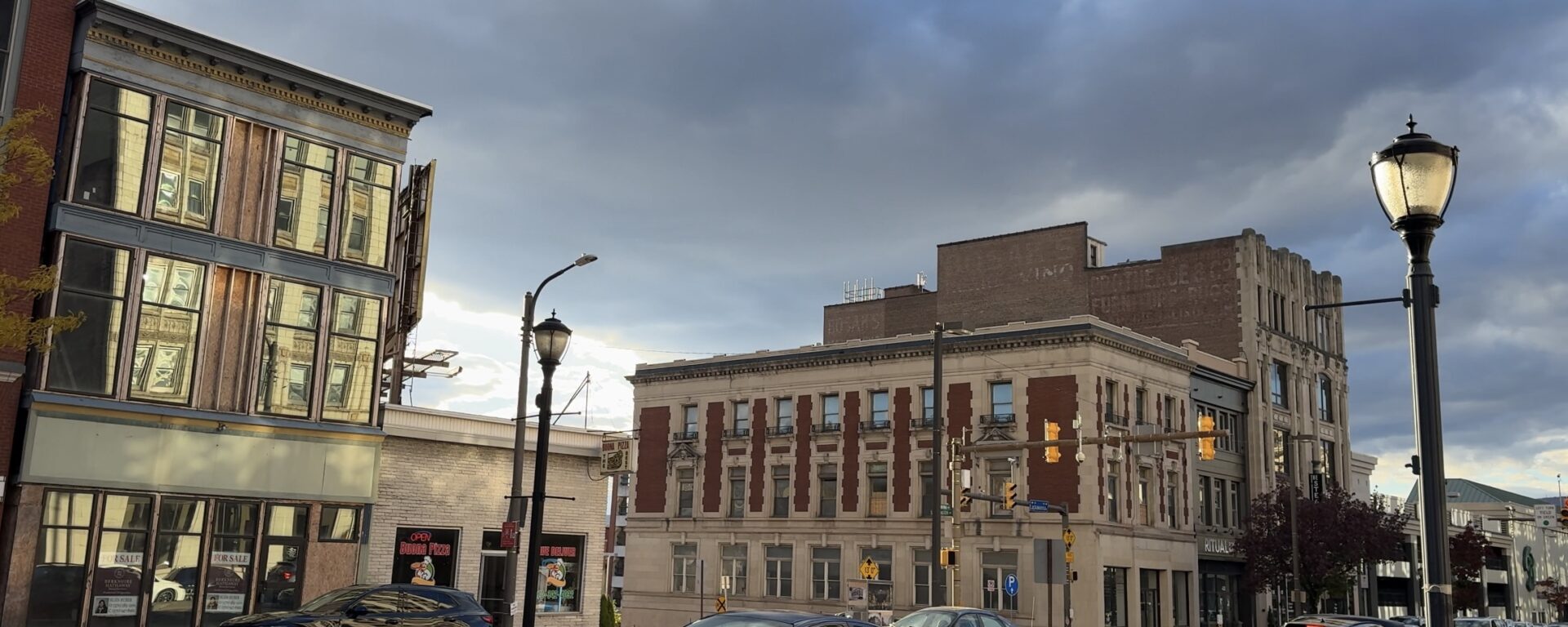Scranton, which emerged from a designation of financially distressed but still struggles with its budget, is facing two radically different tax hike proposals that have prompted heated debate among local politicians.
“We inherited a $35 million deficit,” according to Lackawanna County Commissioner Matt McGloin. “The S&P downgraded our credit rating again because we failed to fund pensions.”
McGloin, who has been in office for only 11 months, said tough decisions were made to stabilize the budget: “We cut the Department of Health and eliminated 90 full- and part-time positions across 19 departments—about 10% of the workforce. That’s going to save us a few million dollars.”
McGloin and Bill Gaughan, another Democratic County Commissioner, recently proposed a 33% property tax hike to dig the city out of the hole.
Commissioner Chris Chermak, a Republican who has been in office for the last 5 years, unveiled his own budget proposal to counter the previous one proposed by his Democratic colleagues. At a news conference, Chermak criticized the 33% tax increase as “unsustainable” and proposed a smaller 6.3% hike, along with spending cuts and the use of one-time federal rescue funds to bridge the gap.
“Raising taxes should always be the last resort,” Chermak said, condemning projects like an ice-skating rink on Courthouse Square as unnecessary expenditures.
“You can’t keep on living on one time influx,” McGloin said.
Scranton residents, like many Americans, have been concerned about economics and pandemic-spurred inflation, which has largely abated but left people rattled.

As Democratic vice presidential candidate Tim Walz rallied nearby, the restaurant Thai Rak Thai was the busiest spot on an otherwise quiet street.
“Before, it was really good… We had two rooms (for customers). Now people moved because Scranton’s tax is too high,” said Toon Potisompornrath, manager of the restaurant, whose husband opened the business 19 years ago. Most of the staff, like Toon, are Thai immigrants.
The median household income in Scranton is $57,568—below the state average—with 14.5% of residents living below the poverty line, compared to 11.8% statewide. Even before the proposed tax hike, Scranton already had one of the highest property tax rates in the country at 3.93%, according to a Harvester Federal Credit Union report.

Lisa, a cashier at Gertrude Hawk Chocolates, moved from New York for a lower cost of living but now struggles to make ends meet. “I work 74 hours a week, making $1,350 a month, and I barely have money to buy food.”
Tensions between commissioners also highlight the stakes of the election and concerns about how the national economy will fare.
Economics Professor Satyajit Ghosh of the University of Scranton said Democratic candidate Kamala Harris poses the best bet for the economy. “If the economy is the number one issue on people’s minds, then this election should be a no-brainer,” he said. For their part, Republicans have attacked the rising cost of living under the Biden administration and believe Donald Trump is the best choice for economic growth.
Potisompornrath has witnessed changes in Scranton over the decades. “Before it was the deli, the shop, Mexican, Italian (restaurants).” Now they are all gone. When asked if she will vote this year, she shook her head. “I voted last time… Not this time, no.”

